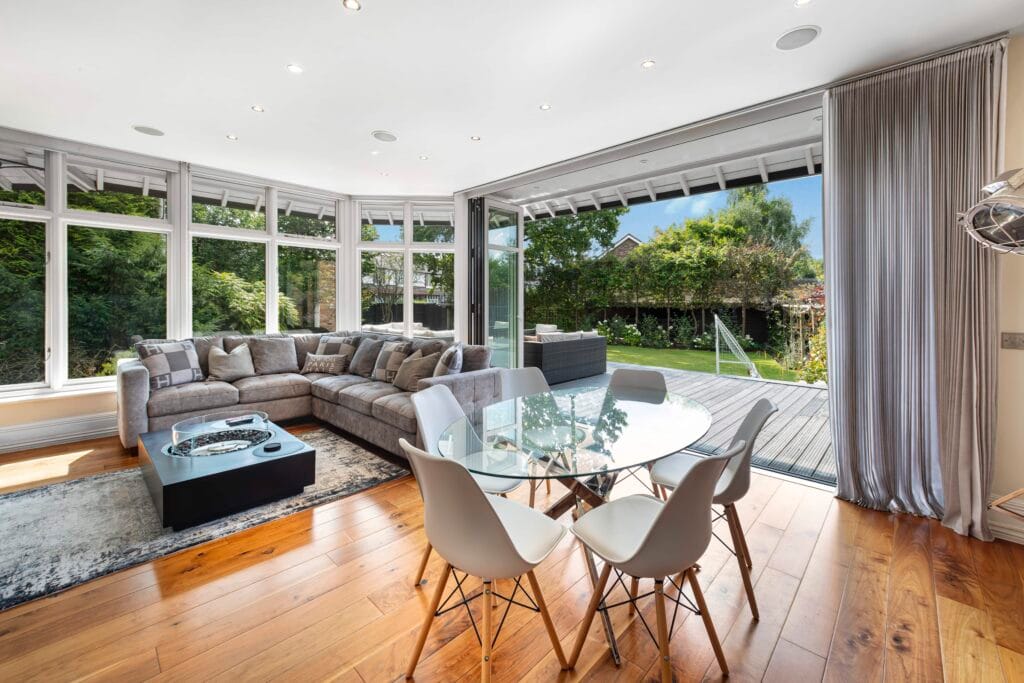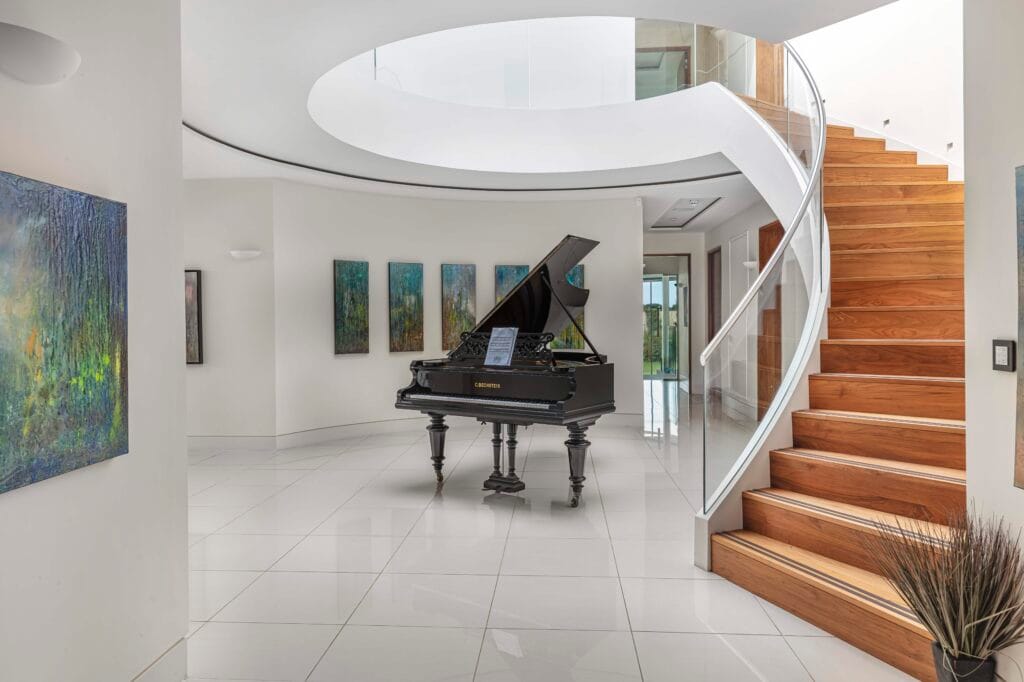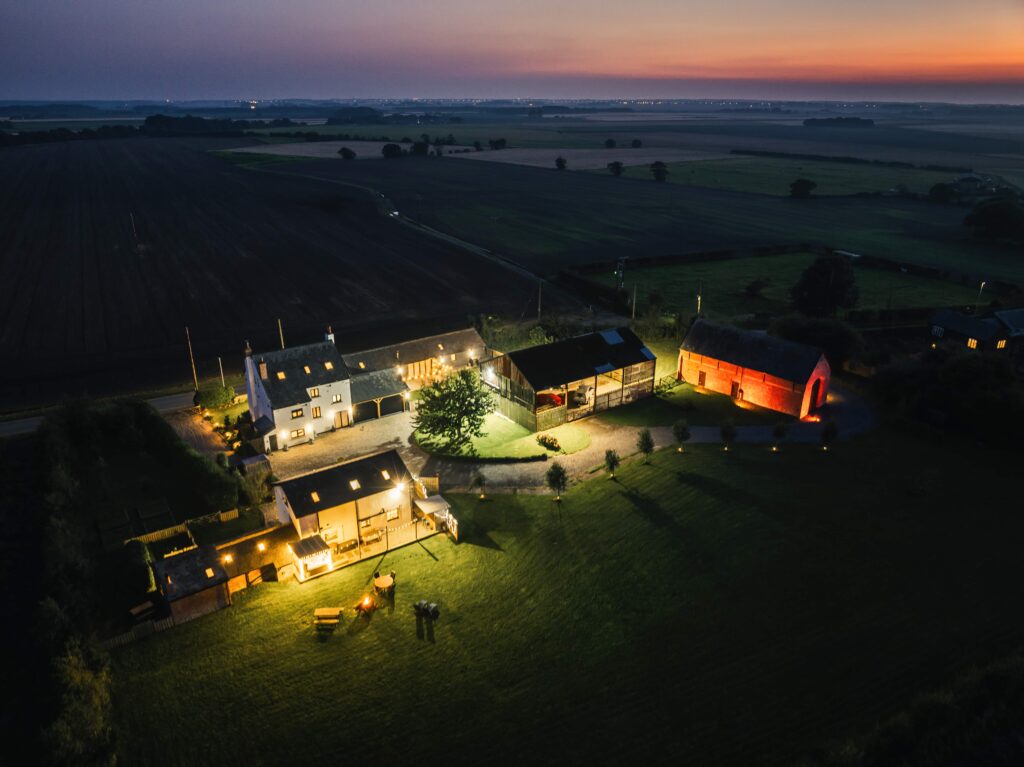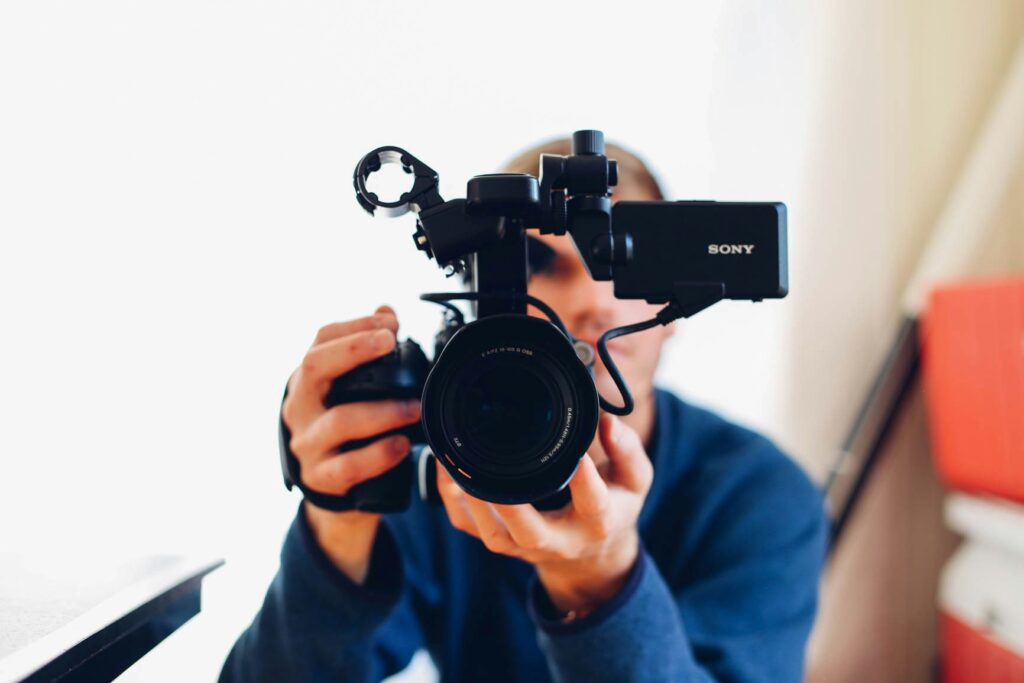Partnering with a skilled property photographer can make all the difference when marketing and selling properties as an estate agent. High quality photography grabs buyers’ attention online and gives them positive first impressions that can lead to showings and sales. For agents looking to step up their marketing game, here’s what you need to know about choosing and collaborating with a property photographer:

Evaluate Their Portfolio
The most important step is viewing examples of the photographer’s work. Examine listings they’ve shot and look for crisp images with excellent lighting that showcase each room and special features. Bland, dark shots or oddly angled photos are red flags. Ideally the portfolio will display interior and exterior images tailored to property, not generic travel or family photography. If possible talk to agents they’ve worked with previously about reliability and professionalism on shoots.

Consider Specialities
While general property photography skills are important, some photographers specialise in certain niches that could suit your specific needs. These may include photography of large luxury homes, urban apartments and condos, renovations, commercial spaces, aerial photography using drones, VR photography for virtual tours, enhanced editing techniques, extensive retouching services, floor plans, 3D scans of rooms and more. Aligning with photographers experienced in your target market sectors can boost your marketing capabilities.

Discuss Turnaround Time
Fast turnaround is often essential for agents to get new property listings in front of buyers promptly. Photographers’ schedules and capacity to shoot homes quickly amidst tighter deadlines varies. Discuss their typical turnaround between finished shoots to image delivery and image selection procedures. Most full-time real estate photographers deliver 8-15 high quality edited images per listing within 1-3 days, with express 1-day options for a premium rate.

Compare Packages and À La Carte Options
Photographers offer a range of base packages plus extras agents can pay more for if needed. Basic packages tend to cover shoots at the home with a set number of edited images included. Extras sometimes involve additional edited photos, extensive post production, supplemental photography of neighbourhoods and drone images. Analyse packages relative to your photography needs across diverse property types so you can request appropriate services for each listing.

Define Usage Rights
When partnering with a property photographer, estate agents need usage licenses that authorise you to freely use images across listing sites, social media, printed brochures, email campaigns and more without worrying about copyright issues. Photographers’ policies vary greatly here – some provide unlimited usage within your business while others impose major restrictions. Get usage terms finalised contractually upfront before signing and paying deposits.

Foster a Cooperative Partnership
Your photographer will function like an extended part of your team in marketing homes for sale. Maintain open communication about what does and doesn’t work with their photography to boost your collective success. Constructive feedback regarding types of shots, lighting or edits helps them continuously refine images to highlight a property’s finest selling points. In turn, make their job easier by providing access, information and reasonable time frames.

Investing in quality photography ultimately helps sell more properties faster and at better prices. Follow these key tips when seeking out and collaborating with expert photographers suited to your agency’s needs and listings. The imagery they capture offers perhaps your most valuable sales and marketing tool.

One Response